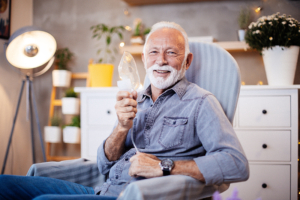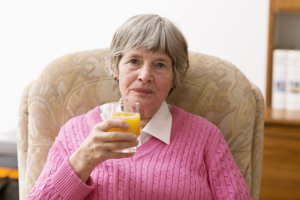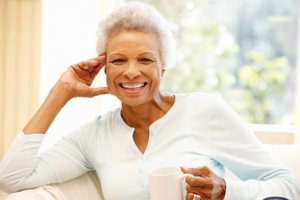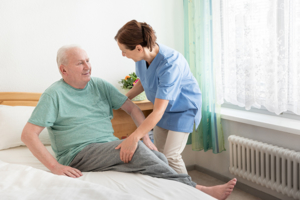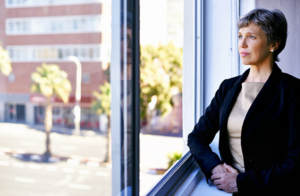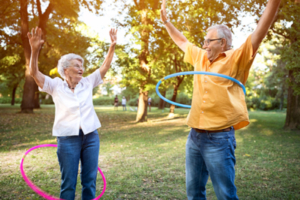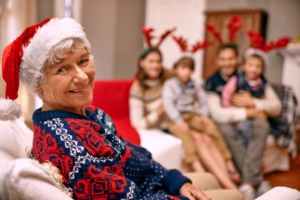Once My Caregiver Responsibilities Are Over, Who Am I?
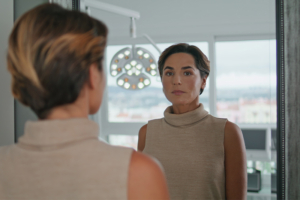
Do you know who you are without your caregiving responsibilities?
Caring for a family member is often an all-consuming role. It takes a great deal of your time, focus, and energy that when your family caregiving role ends, for any reason, it can leave you feeling lost. Other common feelings to expect if you’re no longer serving as caregiver for a loved one include:
- Exhaustion
- Confusion
- Hopelessness
- Relief
- Grief
- Sadness
- Anger
- And so many more
Finding Yourself After Caregiving
You will want to allow yourself some transitional time to rediscover what it’s like to live a life that does not include putting someone else’s needs first. Devote some time for reflection on your caregiving experience. What did you learn? How did it change you?
It is also common to feel some degree of guilt when your caregiving role ends. You may feel as if there were things you should have done differently or might have done better. The “what ifs” are quite common, and it can be easy to get caught up in feelings of regret.
It’s important to forgive yourself and alter your internal dialogue to concentrate on the many positive ways you impacted your family member while providing care. Accept any mistakes, real or perceived, by understanding that you are human and that you did your best. Extend the same grace to yourself that you would extend to another person.
Once you’ve processed the complex emotions surrounding this transitional time, think through the following:
- What activities, hobbies, and passions do you want to pursue?
- What relationships have had to take a back seat while you were providing care? What steps can you take to rebuild them?
- Are there volunteer opportunities that interest you?
- How would you like to structure your days now that you have extra time available?
It is best to establish small goals that are easily reached, as opposed to biting off more than you might be able to chew. For example, you might decide to reach out to one trusted friend to see if they would want to meet for a regular coffee or lunch date. Take plenty of time for self-care to nurture both your body and mind, and gradually add on more activities as you feel prepared to take them on.
Talk to Responsive Home Care
If you learn that you miss providing care for others, we would love to talk to you about an opportunity to make use of your skills and compassion to brighten life for another person in need of assistance. Your experience as a family caregiver makes you a great fit for a professional caregiving role, and we will equip you with full training and all the support you need to make a difference in someone else’s life.
Contact us at (954) 486-6440 to find out more.

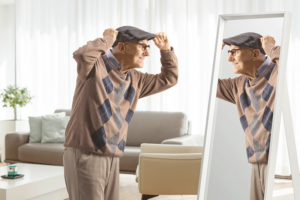
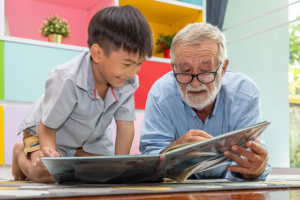 What motivates you to get up out of bed every morning? The answer is different for every single one of us, of course, but there is one commonality: it could allow you to live longer. Scientific studies are answering the question, “Does having a sense of purpose help us to live longer?” with a resounding “Yes!” as evidenced in Japan, the country with the highest life expectancy on earth.
What motivates you to get up out of bed every morning? The answer is different for every single one of us, of course, but there is one commonality: it could allow you to live longer. Scientific studies are answering the question, “Does having a sense of purpose help us to live longer?” with a resounding “Yes!” as evidenced in Japan, the country with the highest life expectancy on earth.